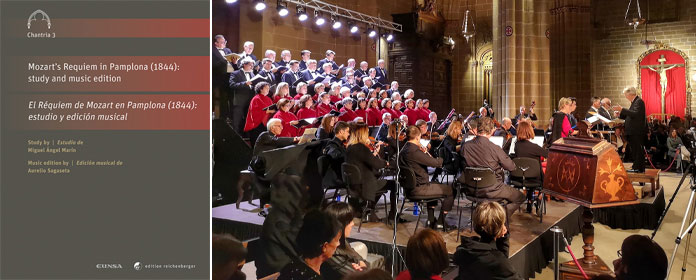"The cultivation of the virtues that constitute character is conducive to a successful life," says a British researcher .
James Arthur, director of the Jubilee Center for Character and Virtues, stated in an international congress that "character can be taught, learned and reinforced" and that "it must be placed at the heart of the Education".

PHOTO: Isabel Solana
"Cultivating the virtues that make up character is conducive to a successful life," said James Arthur, director of the Jubilee Center for Character and Virtues at the University of Birmingham (UK). The professor made these statements at the framework of an international congress organized by the University of Navarra at partnership with the Universidad Austral (Argentina) and with funding from the Templeton World Charity Foundation.
The British expert defended that character "can be taught, learned and reinforced" and that "it must be placed at the heart of the Education". He vindicated the need to integrate them into the school environment and the curriculum for the benefit of all. "If we get children to flourish, society will flourish," he said.
In that sense, he pointed out three lines of action for the school to foster the development of character: generate the example, culture and inspirational influence to motivate and promote it; foster educational experiences inside and outside the classroom to provide students with the language, knowledge, understanding, skills and attributes that make it possible; and provide opportunities for students to generate the training of personal habits.
He mentioned some strategies such as the introduction of stories in the curriculum to encourage reflection staff and discussion, and the integration of virtues in high school subjects.
Cornerstones of characterDuring his speech, Professor Arthur pointed out the cornerstones of character: intellectual, moral, civic and performative virtues. He added that wisdom internship underlies them all.
The first are "the character traits necessary for discernment, right action and the search for knowledge, truth and understanding," he said. Some examples are autonomy, critical thinking, curiosity, reflection....
The latter consist of " character traits that allow us to act well in situations that require an ethical response," he explained. Among them are compassion, courage, gratitude, honesty, humility, respect....
The third are, in the words of James Arthur, "the character traits necessary to exercise as responsible and committed citizens who contribute to the common good", such as the spirit of service, volunteer activities, being a good neighbor, community awareness, civility....
The fourth ones consist of those character traits that have an instrumental value for intellectual, moral and civic virtues: motivation, determination, resilience, teamwork, work ....
When there are conflicts between them - telling the truth to a person or remaining loyal to a friend, for example - wisdom comes into play internship. "It develops through experience and critical reflection and enables us to perceive, know, desire and act with good sense," he said.
Professor Arthur delivered these words during the closing lecture of the international congress 'Education of character in Latin America: challenges and opportunities', which took place on June 13-14, 2018. It brought together researchers, school teachers and education policy makers at the IAE Business School of the Austral University, in Pilar (Argentina).
The event was promoted by 'Investigating and promote the Education of character in secondary schools in Latin America', a project of research joint School of Education and Psychology and the Institute for Culture and Society (ICS). It is funded by the Templeton World Charity Foundation.





